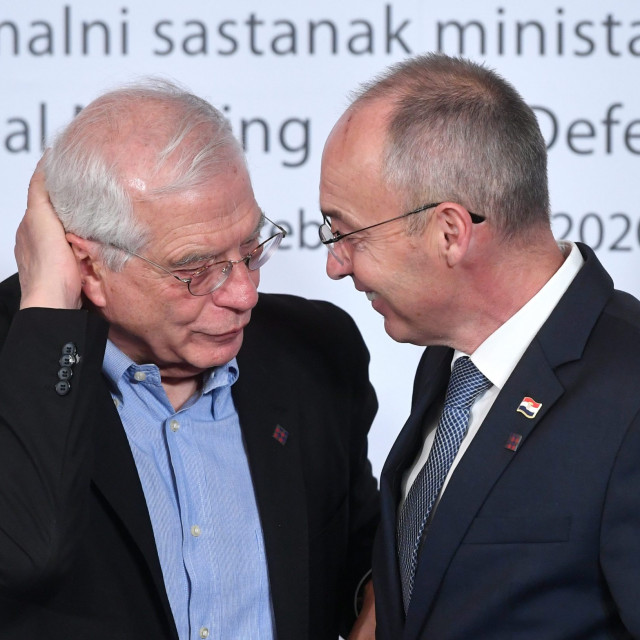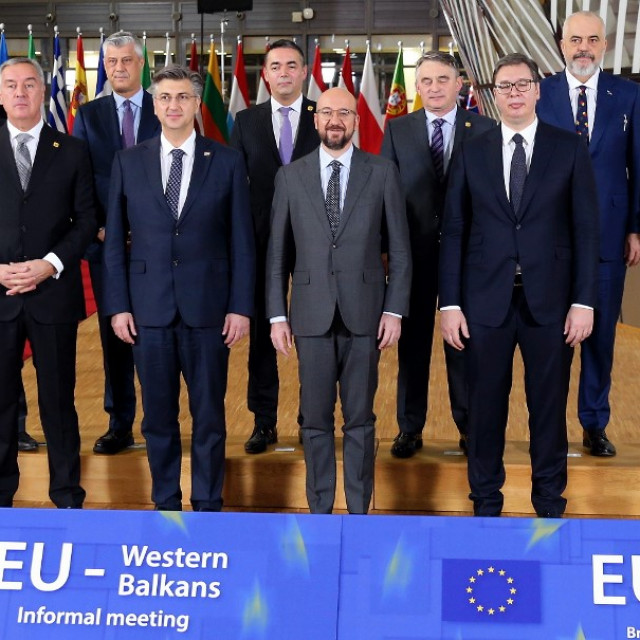
The COVID-19 crisis has largely overshadowed the EU’s decision to open accession negotiations with Albania and Northern Macedonia, which has revived the prospect of a complete 'reunification' of the European continent. This "white smoke" owes much to the activism of the Croatian government, which currently presides over the EU Council, and was able to overcome the initial veto of Emmanuel Macron expressed in autumn 2019. This week’s Zagreb summit, bringing together the Western Balkan countries and the EU members and institutions, cements the EU’s commitment to the region.
The fact that these moves come immediately after Zagreb was literally hit by an earthquake should encourage us to anticipate the political "aftershocks" that will follow in many EU countries, particularly in France, the Netherlands and Denmark. Two more western Balkan countries have now joined Serbia and Montenegro in negotiating their future EU membership; the road to achieving that goal is still long and fraught with difficulties.
Two interesting anniversaries this week give us both geopolitical and historical perspective. On 8 May, as Europeans commemorate the 75th anniversary of the end of the Second World War on their soil, we will remember that the first of these "world" wars (which were first and foremost "European" conflicts), began in the Balkans, with the assassination of Archduke Franz Ferdinand in Sarajevo. We will also remember that the armistice of 8 May 1945 not only paved the way for a period of reconstruction and reconciliation, but also led to a geopolitical division of the continent throughout the "Cold War", of which Central Europe and the Balkans were the main victims.
In commemorating the 70th anniversary of the Schuman Declaration on 9 May, Europeans will be invited to measure the virtues of a strategy of cooperation and unity which created the political and economic conditions for lasting peace in Western Europe. While the fall of the Berlin Wall enabled the reunification of Western, Central and Eastern Europe within the EU, it also created space for conflict in the Balkans, the after-effects of which are still visible.





Za sudjelovanje u komentarima je potrebna prijava, odnosno registracija ako još nemaš korisnički profil....